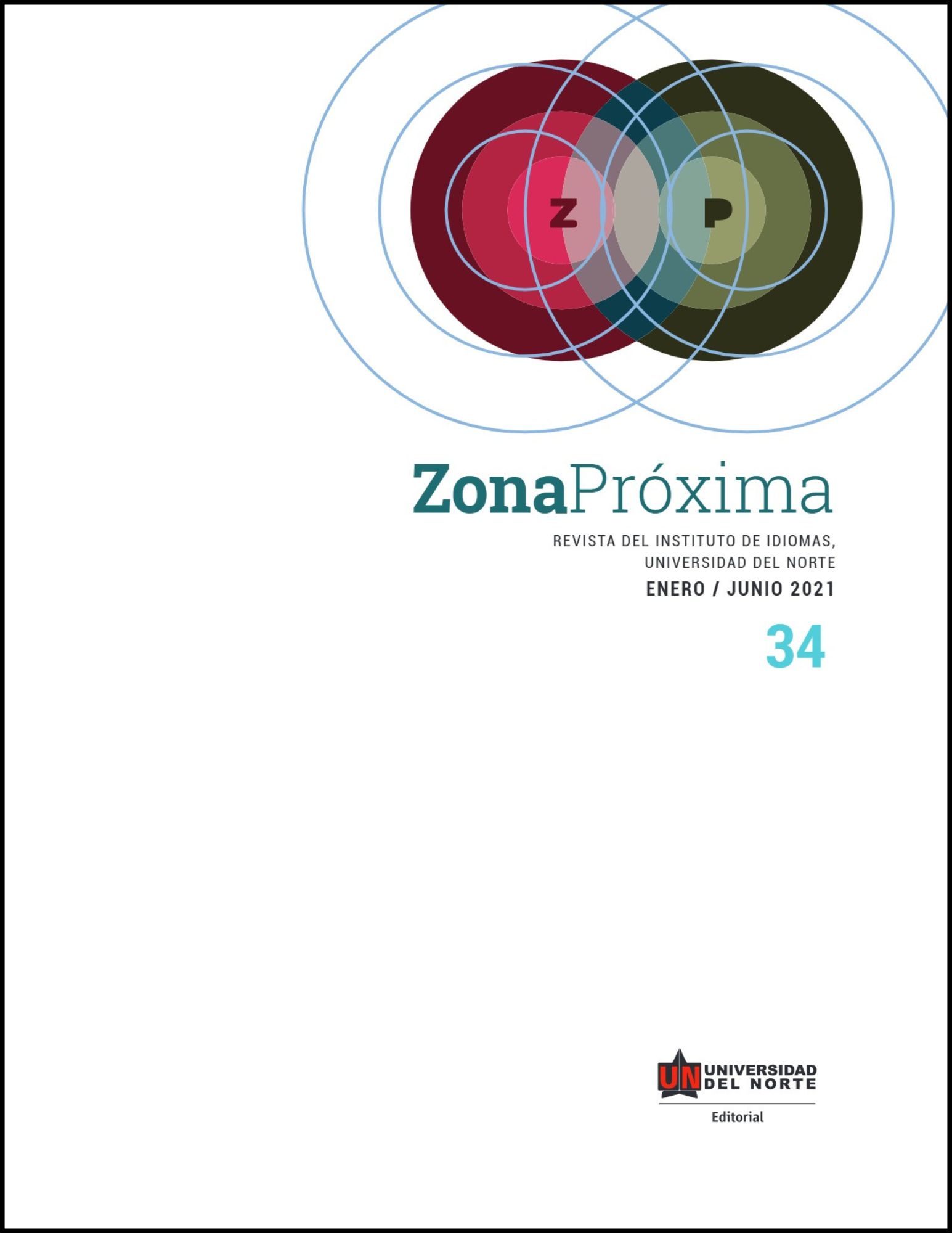Abstract
Reflection is one of the most important competences in the life of a teacher, because regardless of the stage that it goes through, it emerges as the engine of its empowerment, growth and impro-vement. In this line, the present research focuses on the study of autobiography as a trigger for reflection in primary school teachers. For this, future teachers were asked to graph their self-per-ceptions, based on their experiences of good or bad performance in the area of mathematics. This was complemented with semi-structured interviews of an individual nature. The results show how reflection is activated by autobiography, which allows future teachers to understand why certain behaviors and dispositions to learn and teach and at the same time project possibilities in their upcoming practices as already trained teachers. The conclusions show challenges and projections where the reflection linked to autobiography opens diverse and interesting spaces for growth and improvement in the actions of the future professional task.
References
Alliaud, A. Los artesanos de la enseñanza. Acerca de la formación de maestros con oficio. Buenos Aires: Paidós, 2017.
Alliaud, A. y Antelo, E. (2009). Iniciarse a la docencia. Los gajes del oficio de enseñar. Profesorado: Revista de curriculum y formación del profesorado, 13(1), 89-100. <https://www.ugr.es/~recfpro/rev131ART6.pdf>
Bañuelos Márquez, Ana María (1993). Motivación escolar. Estudio de variables afectivas.. Perfiles Educativos, (60), .[fecha de Consulta 13 de Diciembre de 2020]. ISSN: 0185-2698. Disponible en: https://www.redalyc.org/articulo.oa?id=132/13206011
Bikner-Ashbahs, A. (2003). A social extension of a psychological interest theory. In N. A. Peitman, B. J. Dougherty y J. T. Zilliox (Eds.), Proceedings of the Joint Meeting of PME and PMENA 27th Confe-rence of the Group of the psychology of Mathematics Education, 2, 97-104, Honolulu.
Brubacher, J., Caser, C. y Reagan, T. (2000). Cómo ser un docente reflexivo. Barcelona: Gedisa.
Cloer, E. (2002). Erziehungswissenschaftliche Biographieforschung und Allgemeine Erziehungswis-senschaft. In L. Wigger (Ed.), Forschungsfelder der Allgemeinen Erzihungswissenschaft (pp.123-127). Opladen: Leske und Budrich.
Correa Molina, E. (2010). La práctica docente: una oportunidad de desarrollo profesional. Perspectiva Educacional, 50(2), 77-95. .
Domingo, A. y Anijovich, R. (Coords.) (2017). Práctica Reflexiva: escenarios y horizontes. Avances rele-vantes en el contexto internacional. Buenos Aires: Aique.
Domingo, A. y Gómez, M. (2014). La práctica reflexiva. Bases, modelos e instrumentos. Madrid: Narcea.Fernández-Cruz, M. (2010). Enfoque (auto)biográfico-narrativo de la investigacion educativa. Revista de currículum y formación de profesorado, 14 (1), 1-37.
Flyvbjerg, B. (2006). Five Misunderstandings about Case Study Research. Qualitative Inquiry, 12, 2. doi: 10.1177/1077800405284363.
Gellert, U. (2001). Research on attitudes in mathematics education - a discursive perspective. En M. van den Heuvel-Panhuizen (Ed.), Proceedings of the PME 25 (vol. 3, pp. 33-40). Utrecht: Utrecht University.
Haas, V. (2017). La mentoría, una invitación al desarrollo profesional del docente. Madrid: Académica Española.
Hargreaves, A. (2003). Teaching in the knowledge society: education in the age of insecurity. New York: Teachers College Press.
Kaasila, R. (2007). Using narrative inquiry for investigating the becoming of a mathematics teacher. ZDM Mathematics Education, 39, 205-213.
Kelchtermans, G. (2009). Who I am in how I teach is the message: Self-understanding, vulnerability, and reflection. Teachers and Teaching: Theory and Practice, 15(2), 257-272. Knowles, J. G. (2004). Modelos para la comprensión de las biografías del profesorado en formación y en sus primeros años de docencia, ilustraciones a partir de estudios de caso. In Ivor F. Goodson (Ed), Historias de vida del profesorado (pp.149-205). Barcelona: Octaedro. Lipovec, A. & Antolin, D. (2014). Slovenian pre-service teachers’ prototype biography. Teaching in Higher Education, 19(2),183-193, doi: 10.1080/13562517.2013.836090
Lutovac, S. & Kaasila, R., (2011). Beginning a pre-service teacher`s mathematical identity work through narrative rehabilitation and bibliotherapy. Teaching in Higher Education, 16(2), 225-236, doi: 10.1080/13562517.2010.515025
Marcelo, C. y Vaillant, D. (2009). Desarrollo profesional docente ¿Cómo se Aprende a Enseñar? Madrid: Narcea.
Márquez Jiménez, A. (2016). ¿Hay esperanza para la enseñanza de las matemáticas? Perfiles Educativos, 38, 3a, 3-5.
Ortega Barba, C. F. (2019). La reflexión como proceso en las prácticas docentes e investigativas. Diá-logos sobre educación. Temas actuales en investigación educativa, 10(18), 00012. Recuperado de: http://www.scielo.org.mx/scielo.php?script=sci_arttext&pid=S2007-21712019000100012&lng=es&tlng=es.
Perrenoud, PH. (2004). Desarrollar la práctica reflexiva en el oficio de enseñar. Barcelona: Grao.


